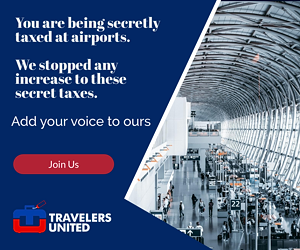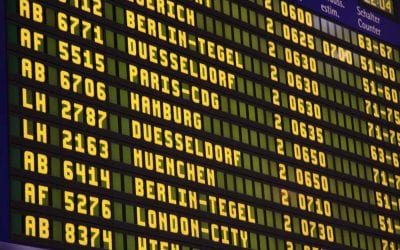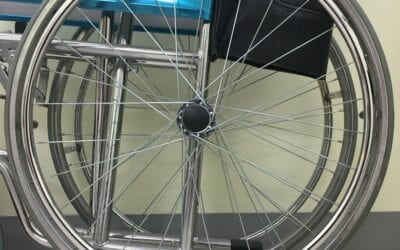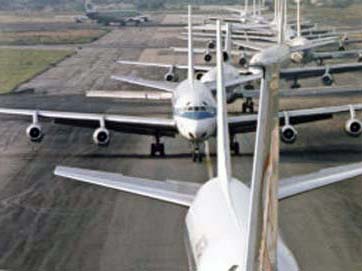Don’t let yourself be deceived by airline seating games of hide and seek.
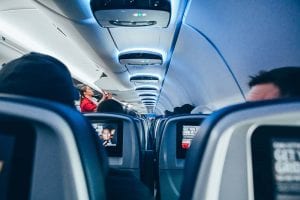
We all know about the premium seats such as Economy Plus on United or Delta Comfort. On American, most of the seats that cost extra are merely in the front of the plane or are exit rows, or aisle or window seats.
To a point, airlines have every right to charge for airline seating. However, the Department of Transportation (DOT) has a rule that requires airlines to advertise prices including all mandatory taxes and fees. This means that every passenger flying is guaranteed a seat for any tickets purchased.
When do airlines have to release seats for confirmed passengers?
Now the question becomes, “When do the airlines have to release seats for assignment to passengers who choose not to pay reservation fees for specific seats?”
On a recent flight to Rome, Italy, American Airlines had still not released its aisle and window seats as late as four hours before takeoff for a Philadelphia to Rome flight. Two passengers in the Admiral’s Club were trying to shift their seats and were told that all aisle seats were saved for elite passengers or those who want to pay extra.
They wanted to get two seats together along the windows on an Airbus configured 2-4-2.
I assured them that they would not be any worse off if they kept the two separate seats that had already been assigned them and asked at the boarding gate. I couldn’t imagine that AA would be selling specific seats as late as boarding. That would come too close to a violation of the full-fare advertising rule.
SEE ALSO: The full-fare advertising rule for airlines
 Many seating problems are fixed at the last minute and at no charge.
Many seating problems are fixed at the last minute and at no charge.
Eventually, they were seated at the last minute in the bulkhead seats in seats A and B. Perfect — waiting got them the airline seating they wanted. But, why did the airline put them through so much anguish, basically for no reason other than to try and squeeze an extra $25 from each of them?
This adventure with these two frequent fliers begs the question, “When should airlines release the seats that were held back for elite fliers and those who want a specific seat or those that can be pressured into paying based on ignorance?”
When are airlines violating the full-fare advertising rule in terms of airline seating reservations?
Should all seats be released 24 hours prior to a flight? Perhaps 12 hours? Or, should it be four hours?
There is no standardized release time for airline seats for confirmed passengers.
I have always thought that arbitrarily blocked aisle and window seats would be released for assignment by gate agents and telephone agents 24 hours prior to takeoff. I have been proven wrong. And, as I checked around with airline agents, there doesn’t seem to be a standardized time frame for the release of these seats.
In fact, the airlines don’t even clearly tell travelers that they do not have to pay for a seat reservation — every passenger is guaranteed a seat unless the plane is oversold. Then, a new set of rules comes into play — denied boarding compensation.
- This seat-blocking hanky-panky is becoming a misleading and deceptive practice.
- Airlines withhold more seats than elite frequent fliers with reservations on flights.
- Airlines do not inform passengers that they do not need to purchase a seat reservation, even when all seats are marked for an extra charge.
- Families are especially harmed because they may think that they have to pay for a reserved seat in order to sit with a minor. And, DOT has not responded to a mandate from Congress to create rules for allowing families to sit together.
Airlines seem to be begging for more regulations.
They always present economic studies and white papers claiming that the market will take care of all problems, but then their actions, taken in lockstep with supposed competitors, belie their claims.

Should the airlines be required to tell passengers that seat reservations are not necessary? Are airlines required to release all unassigned seats for assignment 24 hours prior to takeoff? Should families with minors be guaranteed that they can sit together?
It seems obvious that the airlines have no anti-consumer governor on their actions. They seem to push every consumer rule to the edge, whether it be the disclosure of code-share flights or airline seating. Their actions only beget more rules and regulations.
What happened to the days of customer service, honest advertising, and full disclosure? The airlines may not have to be regulated when it comes to the economics of flying, but they certainly need a strong hand when it comes to customer service and transparency. When the market fails, regulators need to step in.
Featured photo by Omar Prestwich on Unsplash

Charlie Leocha is the President of Travelers United. He has been working in Washington, DC, for the past 14 years with Congress, the Department of Transportation, and industry stakeholders on travel issues. He was the first consumer representative to the Advisory Committee for Aviation Consumer Protections appointed by the Secretary of Transportation from 2012 through 2018.

